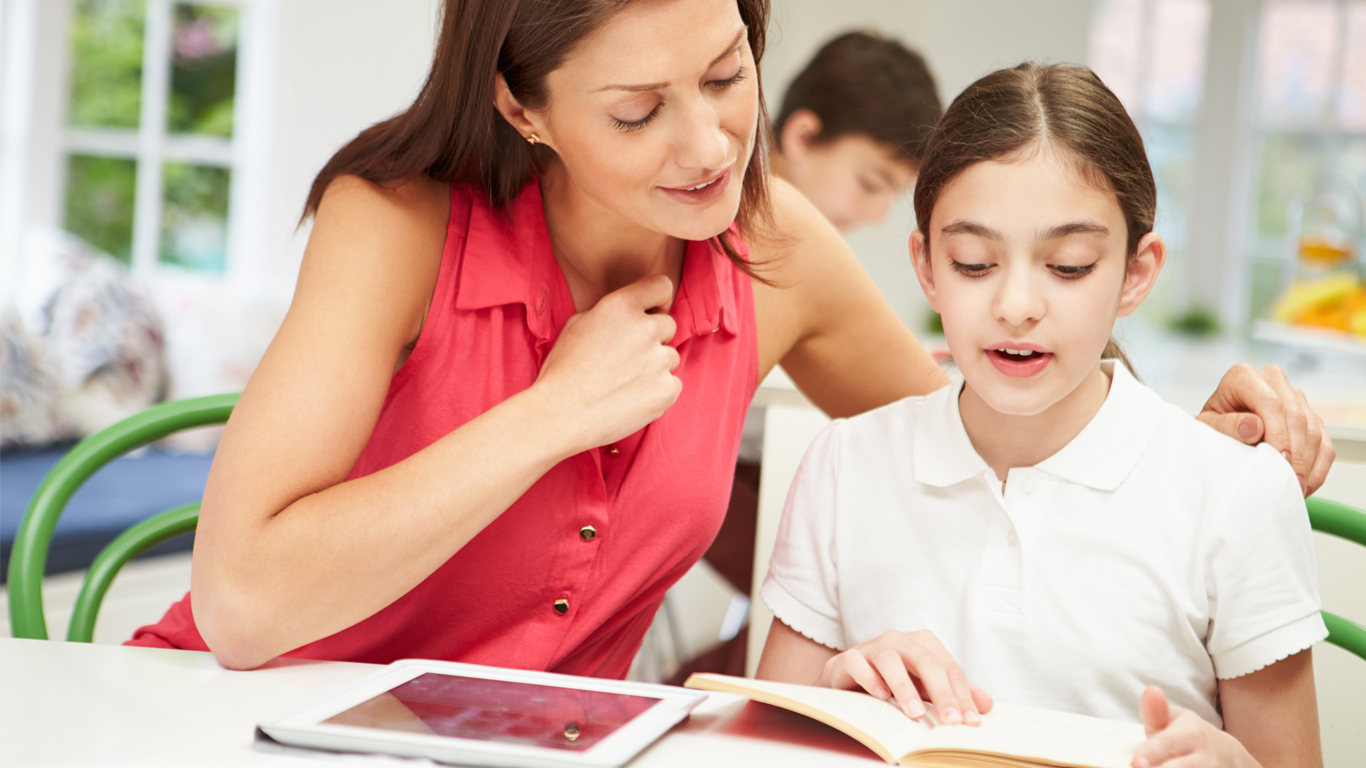
Australia has one of the highest rates of private schooling in the OECD. Approximately 35 per cent of students attend a non-government school, either a Catholic systemic institution — 20 per cent — or an independent school — 15 per cent.
In NSW, the figure is slightly higher. More than 16 per cent of students attended an independent school in 2016 and in the high school years, this number jumped to 22 per cent. The OECD average for all students is 4 per cent, according to the latest available figures (2014).
Australian parents clearly value school choice but considering our comparatively good public education system, it’s reasonable to wonder why.
The Independent Schools Council of Australia (ISCA) argues that school choice gives parents the opportunity to find a school that best suits their children’s needs while supporting their values and academic preferences. “Independent schools reflect Australia’s social and ethnic diversity, offering choice for young Australians to be educated in schools with different cultural, religious and educational philosophies,” ISCA says.
With more than 300 independent schools in the Sydney metropolitan area alone, the sector is incredibly variegated, both culturally and academically.
The intensity of competition within the education sector incentivises better performance resulting in higher student achievement, ISCA says. “The freedom of students and their families to exercise choice in schooling is one of the most demanding forms of accountability for independent schools. Schools need to remain competitive to survive and consistently meet high parental expectations for the development of students.”
This effect is seen in the excellent HSC results attained by independent school students and in their greater take-up of higher education post-school.
A recent report by the Australian National University (ANU) reveals that students who complete Year 12 at an independent school are far more likely to attend university than their counterparts at Catholic and state schools.
The study found that 68.7 per cent of school leavers in the independent sector went onto university in 2016, whereas only 53.9 per cent of Catholic system and 45 per cent of public school graduates enrolled in a bachelor degree. This trend accelerated over the three-year period of the study with the rate of university attendance by private school students increasing while corresponding Catholic and public school figures fell or remained static.
Perhaps as a consequence of their greater propensity to attend university, private school kids grow into adults who earn more and live in wealthier suburbs. A 2016 Curtin University study of 17,000 Australians found that independent schooling results in an average wage premium of 15 per cent. Study author Mike Dockery concluded: “Overall, the results suggest that private schooling continues to be an important mechanism by which socio-economic advantage is transmitted between Australian generations, largely due to enhanced access to higher education.”
Another inducement for parents, especially those whose children hope to attend university overseas, is the International Baccalaureate (IB) diploma.
Available in NSW only through accredited independent schools, the IB has seen rapid growth since its introduction to Australia in 1978. In 2016, more than 2000 students from around the country received an IB diploma.
The key attraction of the IB is its international recognition and the academic rigour of the program. For scholarly students, the IB offers an unsurpassed opportunity to explore a broad range of subject matter in a course structure that promotes independent learning.
The IB’s global perspective and emphasis on critical thinking provides an excellent grounding for university and research has shown that IB students are more likely to attain entry to university and to complete a degree.
University isn’t for everyone though. Independent schools cater to children of all abilities and inclinations with a view to helping every child realise their full potential.
Private schools are well-known for nurturing gifted and talented students but many readers might be surprised to discover the range and depth of vocational education and training (VET) programs taught at these schools.
The Association for Independent Schools NSW website lists 16 Stage 5 VET courses offered at the HSC level ranging from Business Services and Information Technology to Construction and Sports Coaching.
These certificate courses are employment-oriented with students undertaking mandatory work experience to gain industry-recognised skills. School leavers are able to transition into the workplace directly after graduation giving them a valuable head start in their careers. Additionally, independent schools typically provide purpose-built facilities for VET students allowing them to complete their studies on campus with their peers instead of attending TAFE.
There are many reasons to choose an independent school and the greater the choice of schools, the better the options. It’s little wonder that so many Australian parents seize the opportunity to choose the best school for their child.
References:
School statistics – Independent Schools Council of Australia website
http://isca.edu.au/about-independent-schools/school-statistics/
School statistics – Association of Independent Schools NSW website
https://www.aisnsw.edu.au/About/Pages/Statistics.aspx
Datablog: Private schools are winning over Australian parents — Nick Evershed, The Guardian, March 11, 2014
https://www.theguardian.com/world/datablog/2014/mar/11/datablog-private-schools-are-winning-over-australian-parents
Parents and School Choice — Independent Schools Council of Australia website
http://isca.edu.au/about-independent-schools/parents-and-school-choice/
NSW Secondary Students Post-School Expectations and Destinations, 2016 Annual Report — Dr Paul Myers, Alexandra Parkes, Natasha Vickers, Andrew Ward, Esther Corcoran, ANU Social Research Centre, April 2017
https://www.cese.nsw.gov.au/images/stories/PDF/2016_NSW_Destination_and_Expectations_Survey_final.pdf
Does private schooling pay? Evidence and equity implications for Australia — Associate Professor Mike Dockery, National Centre for Student Equity in Higher Education, Curtin University, October 27, 2016
http://bcec.edu.au/publications/private-schooling-pay-evidence-equity-implications-australia/
International Baccalaureate (Australia) — International Baccalaureate website
http://www.ibo.org/about-the-ib/the-ib-by-country/a/australia/
VET Courses, Association of Independent Schools NSW website
https://www.aisnsw.edu.au/FundedPrograms/VET/Pages/VET-in-Stage-5.aspx